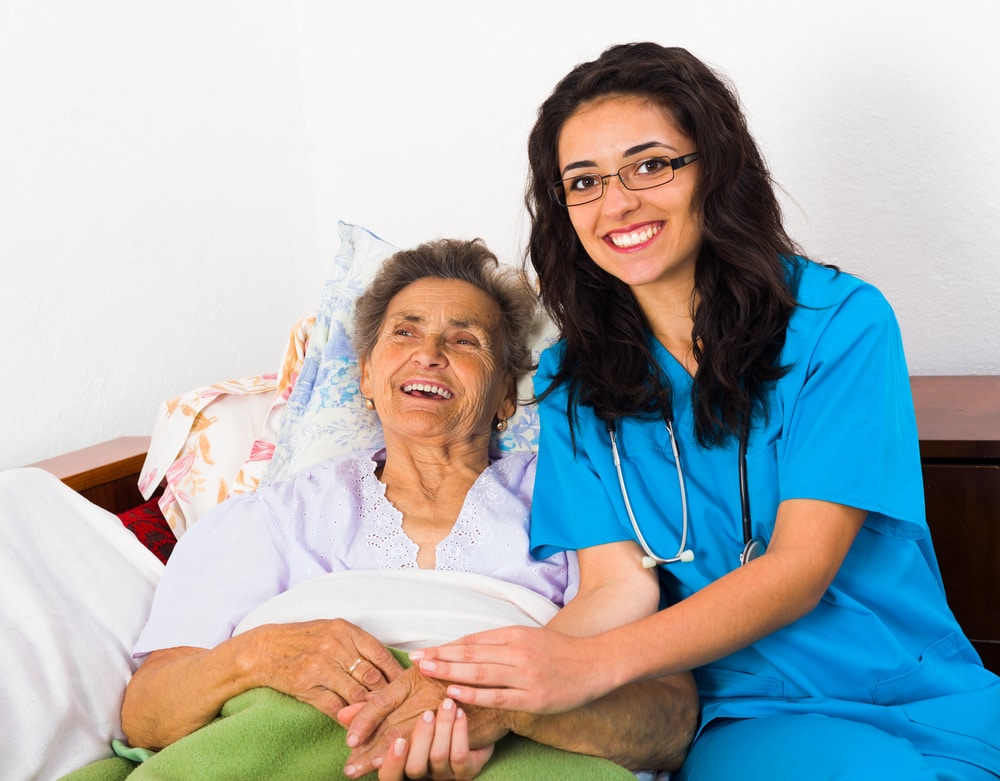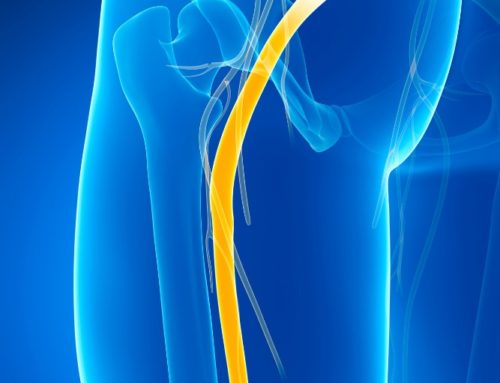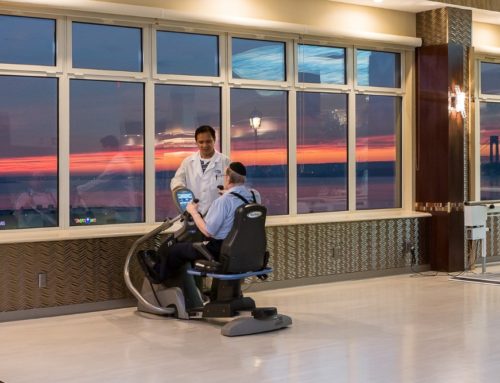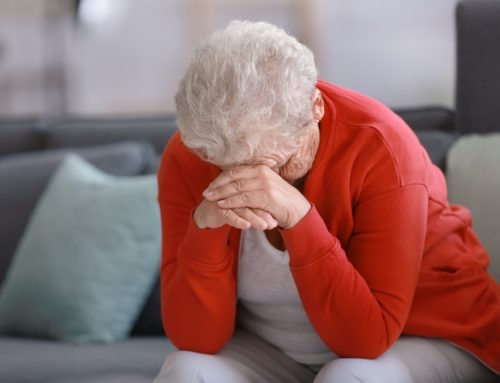Heart failure can affect those of all ages but is most common in individuals over 65. The condition usually occurs as a result of other medical conditions damaging or weakening the heart. Though cardiac issues can be severe, heart failure in elderly people isn’t necessarily life-threatening.
To survive the complications of heart failure, proper diagnosis is key. This includes determining the type of heart failure and any underlying conditions causing the damage. Then the proper treatment can be discussed to reduce the issue and improve the senior’s health. Let’s take a look at the steps required for surviving heart failure and what signs to watch for.

How Can Elderly People Survive Heart Failure?
Heart failure develops over time, though it isn’t as frightening as it sounds. Even for seniors, this cardiovascular condition doesn’t mean the heart is about to stop working. In fact, the heart is still doing its job, though it’s struggling to keep up as it once did.
To survive heart failure, elderly people first need to speak to their doctor about their symptoms for the proper diagnosis. There are a few types of heart failure, including left-sided, right-sided, and systolic.
There could also be underlying health conditions contributing to the condition. These can include high blood pressure, diabetes, arrhythmia, myocarditis, or coronary artery disease. Knowing the issues affecting your heart can help medical professionals treat everything at once.
Once the diagnosis is complete, there are several treatment options available. Many of these involve lifestyle changes to improve your overall health. Eating a healthy diet consisting of fruits, vegetables, whole grains, and low-fat proteins is essential. Seniors should avoid unhealthy fats or high-sodium options.
Elderly people with heart failure should incorporate exercise into their routines. Physical activity can strengthen the heart while helping maintain a healthy weight. It also reduces stress, which is another factor that can negatively affect your heart.
Controlling the conditions related to or causing heart disease is also a must. Doing so prevents further damage while allowing your heart to heal. For some patients, medication or surgery may be needed to fix the damage to the heart. The treatment may vary depending on the cause and its severity.
What are the signs of heart failure in seniors?
The signs of heart failure in elderly people are similar to those of younger individuals. The most common symptom is overwhelming fatigue, weakness, or fainting. Some individuals experience shortness of breath, an inability to exercise, and rapid weight gain. Swelling in the legs, ankles, feet, and abdomen may also be related to heart failure.
Other signs of heart failure include a persistent cough, wheezing, abdominal swelling, an irregular heartbeat, and concentration issues. If the condition is related to a heart attack, chest pains may be a symptom as well.
Individuals may not experience all, or even most, of the signs of heart failure, and the severity of the symptoms may vary. If you notice more than one of these symptoms, speak to your doctor. The earlier heart failure is diagnosed in elderly people, the easier it will be to treat.
This content comprises informative and educational resources only and can not be considered as a substitute for professional health or medical guidance. Reliance on any information provided in this article is solely at your own risk. If you have any inquiries or apprehensions about your medical condition or health goals, talk with a licensed physician or healthcare provider.






Leave A Comment